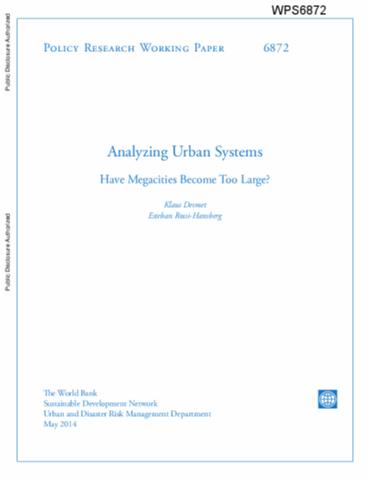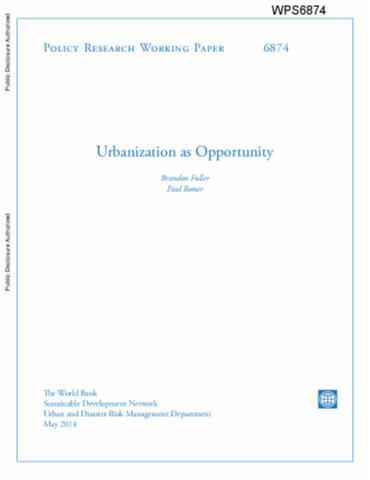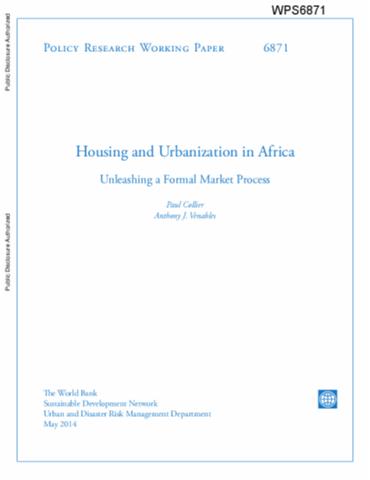Nepal Development Update, April 2014
The enabling environment for the
development of Nepal has improved, but opportunities need to
be effectively leveraged through focused policy action.
Nepal has significant resources in the form of remittances
from abroad, but the economy cannot use these resources in a
productive manner to enhance the overall welfare of all
citizens. Specific priorities for development include: (1)
creating a growth promotion vision and agenda; (2)





